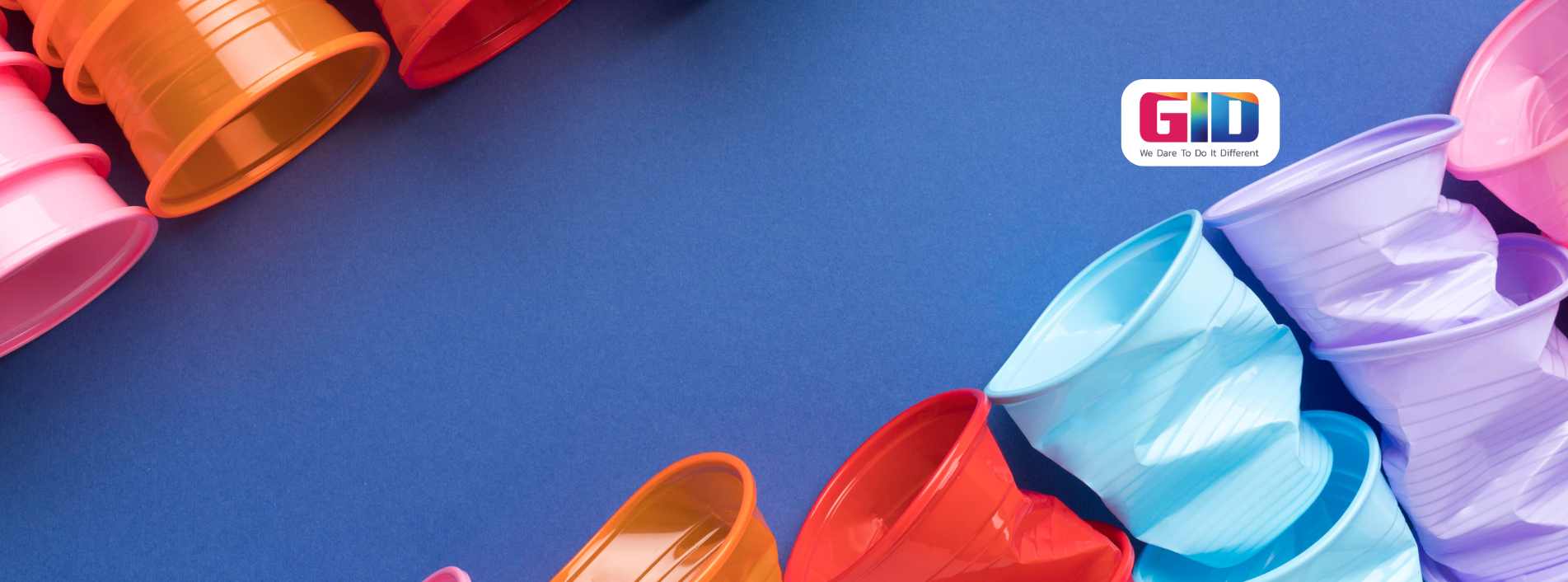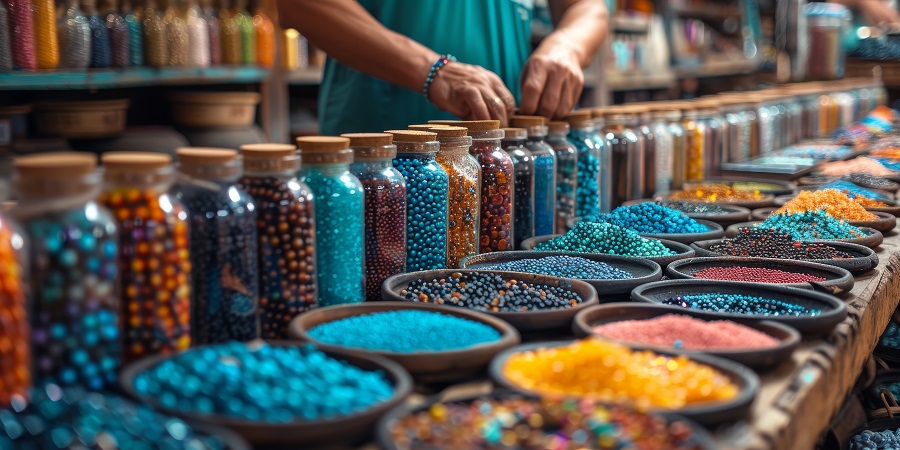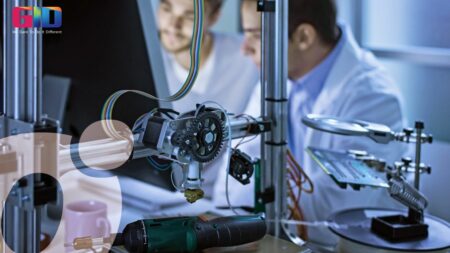Plastics play an indispensable role in modern manufacturing, from everyday consumer goods to specialized industrial applications. With their versatility, cost-effectiveness, and ease of production, plastics have become one of the most essential materials in the 21st century. However, the growing environmental concerns over plastic waste highlight the need for responsible and sustainable usage. For manufacturers and entrepreneurs looking to produce new plastic products, it’s crucial to understand the different types of plastics available and select the right one for each specific application.
In this article, we explore the top 7 plastics for manufacturing and how they contribute to product durability, safety, and functionality. Let’s delve into the unique properties of each plastic and the industries they serve.
Choosing The Right Plastics for Manufacturing
When starting a new product manufacturing venture, the choice of plastic material plays a pivotal role in ensuring product performance, longevity, and market appeal. Selecting the correct plastic is fundamental to achieving success in the competitive world of manufacturing. Here are the top 7 plastics for manufacturing to guide your decision-making process:
1. Polyethylene Terephthalate (PET or PETE)
Polyethylene Terephthalate (PET) is one of the most commonly used plastics in the world, particularly in the beverage and food packaging industries. PET is a thermoplastic polymer resin that is lightweight, transparent, and highly durable. It is commonly used to produce plastic bottles, containers, and synthetic fibers.
Key Benefits of PET:
- Excellent Moisture Barrier: Ideal for storing liquids, especially in food and beverage containers.
- Recyclable: PET is 100% recyclable, making it a more eco-friendly option for single-use plastics.
- High Impact Resistance: PET is tough yet flexible, offering long-lasting durability for containers.
Applications: PET is used for making plastic bottles for beverages, cooking oils, and condiments, as well as in the textile industry for clothing fibers.
2. High-Density Polyethylene (HDPE)
High-Density Polyethylene (HDPE) is a robust thermoplastic derived from petroleum. Its unique combination of strength, high melting point, and chemical resistance makes it suitable for a wide range of applications, including industrial uses.
Key Benefits of HDPE:
- Strength and Durability: HDPE has superior strength and can withstand high temperatures and environmental conditions.
- Chemical Resistance: It is resistant to acids, bases, and many solvents, making it ideal for industrial applications.
- Environmental Resistance: HDPE is often used for products exposed to outdoor elements, as it resists degradation from sunlight.
Applications: HDPE is commonly used in manufacturing plastic bottles, food containers, water pipes, and geomembranes.
3. Polyvinyl Chloride (PVC)
Polyvinyl Chloride (PVC) is a versatile plastic known for its wide array of uses in construction, healthcare, and packaging industries. It is a rigid material that is durable and resistant to environmental factors such as moisture and chemicals.
Key Benefits of PVC:
- Durability: PVC is incredibly long-lasting, making it perfect for outdoor products.
- Cost-Effective: It’s one of the most affordable plastics, offering significant savings on manufacturing costs.
- Versatility: Can be used in a wide range of applications, from plumbing pipes to flooring.
Applications: PVC is used in manufacturing plumbing pipes, flooring tiles, medical equipment, and various construction materials.
4. Low-Density Polyethylene (LDPE)
Low-Density Polyethylene (LDPE) is a lightweight and flexible thermoplastic polymer. It is highly resistant to chemicals and moisture, offering excellent protection for various products.
Key Benefits of LDPE:
- Flexibility: LDPE is more flexible than other plastics, making it ideal for packaging applications.
- Chemical Resistance: LDPE is resistant to various chemicals, including acids and alkalis, making it useful for containers and bags.
- Impact Resistance: LDPE is highly impact-resistant, ensuring that products can withstand rough handling.
Applications: LDPE is commonly used in manufacturing plastic bags, shrink wraps, bottles, and food packaging.
5. Polypropylene (PP)
Polypropylene (PP) is a versatile thermoplastic that is widely used in applications requiring durability, chemical resistance, and heat resistance. With a high melting point, polypropylene is ideal for products that need to withstand heat or harsh conditions.
Key Benefits of PP:
- High Heat Resistance: Polypropylene can withstand high temperatures, making it suitable for use in hot environments.
- Chemical Resistance: It is resistant to most chemicals, making it ideal for manufacturing containers for household goods and industrial chemicals.
- Low Density and Lightweight: PP is lightweight yet durable, making it a practical choice for products that need to be portable and sturdy.
Applications: Polypropylene is used in manufacturing food containers, automotive parts, packaging materials, and laboratory equipment.
6. Polystyrene (PS)
Polystyrene (PS) is a thermoplastic polymer made from the monomer styrene. It is transparent, rigid, and has a brittle texture, making it suitable for applications where clarity and rigidity are key.
Key Benefits of PS:
- Transparency: Polystyrene is crystal clear, making it ideal for products requiring transparency, such as packaging and display cases.
- Cost-Effective: It is one of the most affordable plastics to manufacture, which helps keep production costs low.
- Brittle Nature: While not as durable as other plastics, PS’s brittleness makes it suitable for disposable products.
Applications: Polystyrene is used to make disposable cutlery, protective packaging, CD cases, and food containers.
7. Polycarbonate (LEXAN)
Polycarbonate (commonly referred to by the brand name LEXAN) is a durable, transparent thermoplastic that is known for its exceptional strength and heat resistance. It is one of the strongest plastics available, making it suitable for high-performance applications.
Key Benefits of Polycarbonate:
- Strength and Durability: Polycarbonate is highly impact-resistant, even stronger than glass, and can withstand heavy use.
- Optical Clarity: It offers excellent optical properties, making it suitable for applications that require transparency.
- Heat Resistance: Polycarbonate maintains its integrity even at high temperatures, which makes it ideal for use in electronics and automotive applications.
Applications: Polycarbonate is used in manufacturing eyewear lenses, optical discs, helmets, transparent barriers, and automotive parts.
Choosing the Right Plastic for Manufacturing
When selecting the right plastic for your product, consider the following factors:
- Application: What will the product be used for? Choose a plastic that offers the necessary durability, flexibility, and resistance for the specific application.
- Environmental Impact: Opt for recyclable or biodegradable plastics where possible to align with sustainability goals. Eco-friendly plastic materials can help reduce your company’s carbon footprint.
- Cost-Effectiveness: Different plastics vary in cost, so select the one that fits your budget while meeting the desired product performance.
- Processing Methods: Some plastics are easier to mold and process than others, depending on your production needs. Thermoplastic polymers, for instance, offer flexibility in molding and are easily recyclable.
Conclusion
Selecting the right plastic for manufacturing is crucial to the success of your product. Whether you’re looking for durability, flexibility, or cost-effectiveness, understanding the unique properties of each plastic is essential. From Polyethylene Terephthalate (PET) to Polycarbonate (LEXAN), these top 7 plastics provide a range of options to meet the needs of various industries.
At GID Company, we specialize in helping businesses select the perfect plastics for their new product development. Our team of experienced designers, engineers, and product development experts is ready to assist you at every stage of the manufacturing process. If you’re looking for plastic manufacturing solutions, don’t hesitate to reach out to us for a consultation. You can contact us today at +1-714-323-1052 or visit our website to explore our innovative portfolio.


















